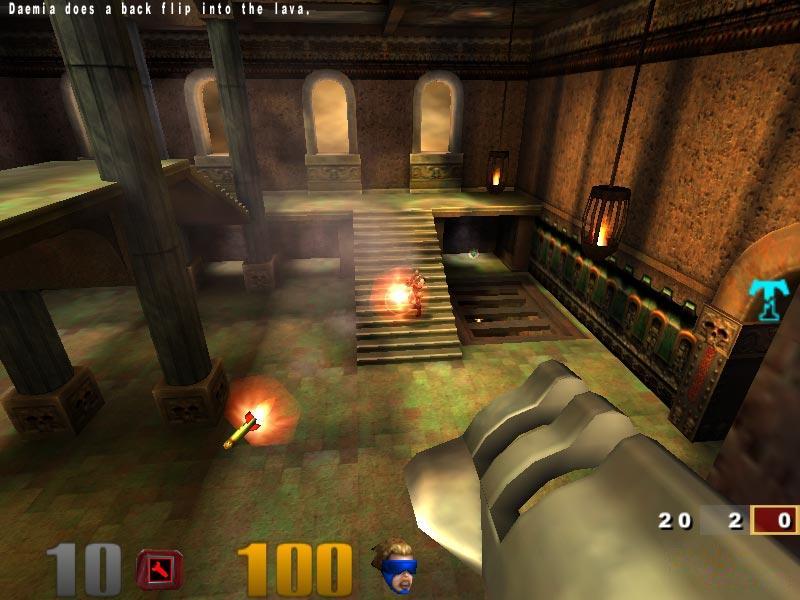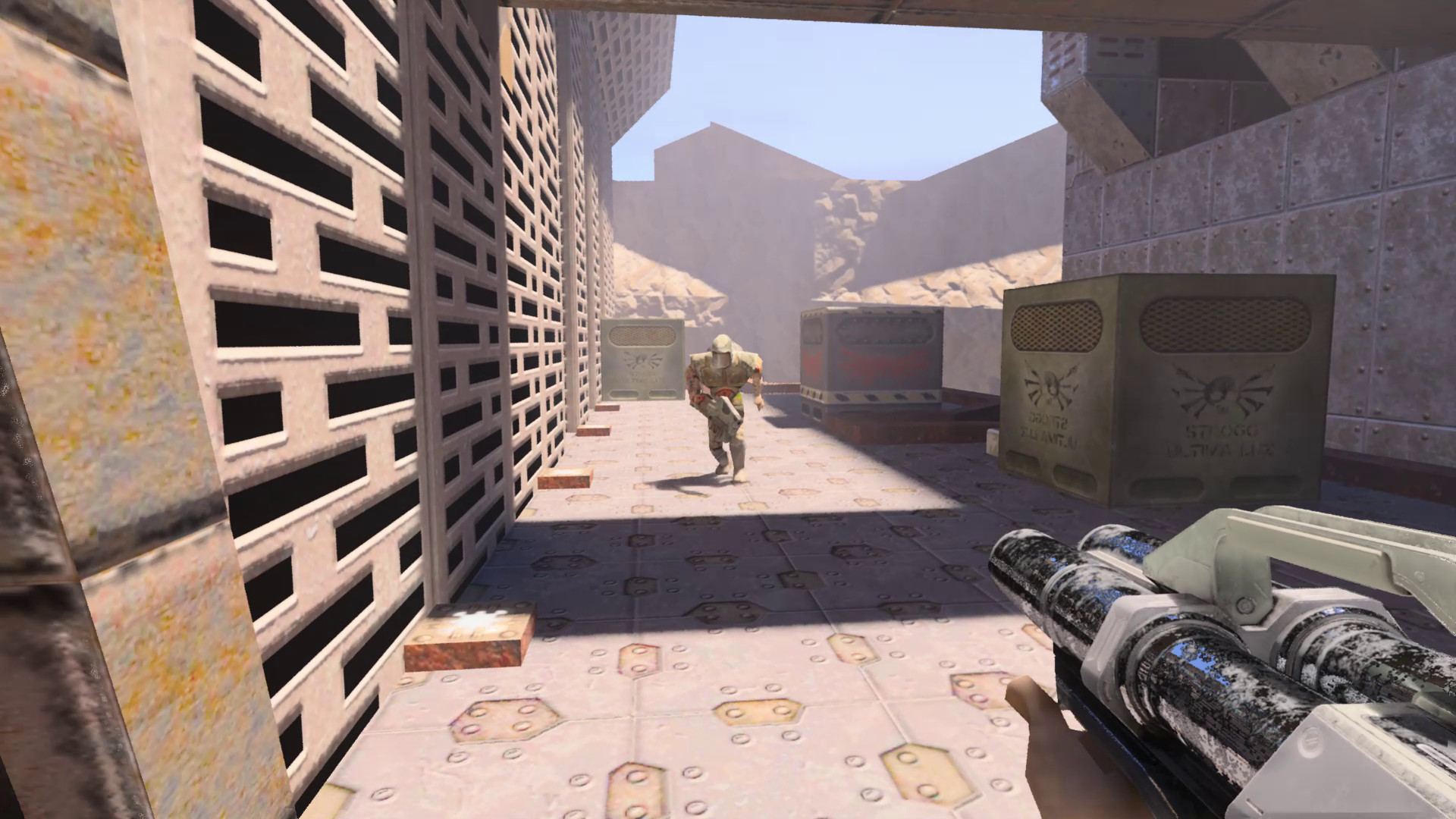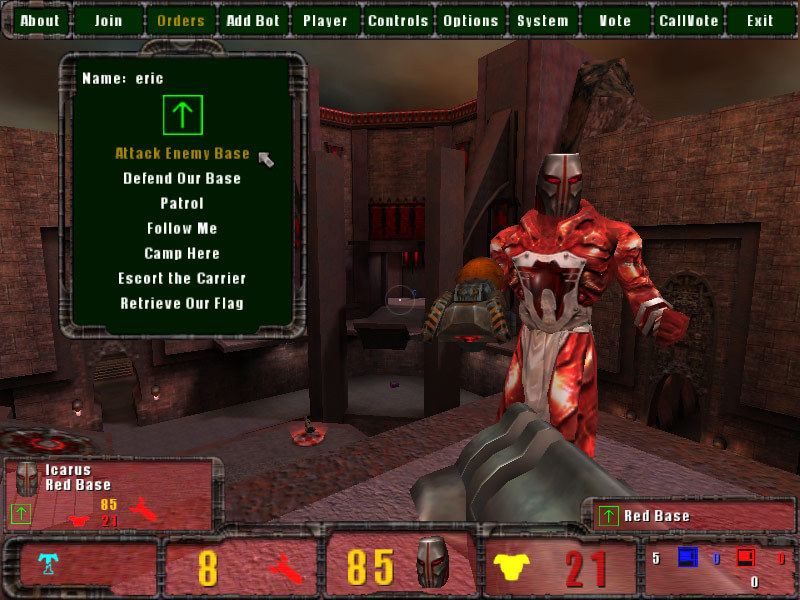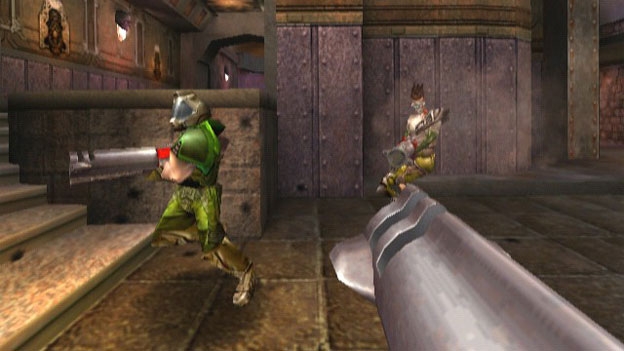

Suddenly, you can’ update software or upgrade software or do something that you want to do because something “isn’t ready yet”. It’s all out of your hands, and you can’t do anything until they say you can. You buy one or two or three, and then you realize that you didn’t buy anything because your entire experienced is curated by a vendor on whom you rely for kernels, drivers, and libraries. Many hobbyist have have been around the block when it comes to these projects boards.

However, thorough, quality answers are important.

I know these are tough questions, and the answers might throw water on many people’s burning desire for this board. Is the hardware FULLY covered by free OPEN SOURCE drivers? Will drivers be distributed THROUGH Debian, or through a third party? What is the nature of the drivers that will be available? How are they licensed? How are they distributed? How are they supported? The question assumed that drivers will be available because it concerned the nature of these drivers. The question was not “will drivers be available”. I’m going to give you the benefit of the doubt and assume that you were responding with excessive efficiency and not as a savvy politician who steers around a potentially disappointing response. As Eben notes in the clip above, we’re hoping to show you a video of a bunch of us playing Q3 Deathmatch on some networked Raspberry Pis in a few weeks’ time – just because we can. Obviously, the Raspberry Pi isn’t intended as a gaming platform, but it’s very satisfying to let the Broadcom BCM2835 application processor off the leash (yes, I’m allowed to give you the part number now) and see what it can do in this sphere nonetheless. I hope that some of you can come to one of the conferences we’ll be participating in over the next few months (details will appear here on the blog and on the forums later when we’re confirmed) and have a look for yourselves. This is also, of course, great news for power consumption.

We feel you should be fine with the sort of thermoplastic cases that some of you are hoping to make using 3d printers: the chip doing all the work in this clip was still under body temperature after I’d filmed this demo four times, and feels surprisingly cool to the touch. I know some of our forum members are interested in building custom cases for your own Raspberry Pis, and have been asking about the heat that the board generates when it’s working hard. We’re still working on ironing a few kinks out (specifically, there seems to be a library issue which means our framerate, while good, isn’t quite as spectacular as we know it can be we’re working on it as I post this) – but this is what test boards are for, and we’re making great progress getting the boards running smoothly. Here’s something to liven up your weekend: a video of the Raspberry Pi running Quake 3.


 0 kommentar(er)
0 kommentar(er)
